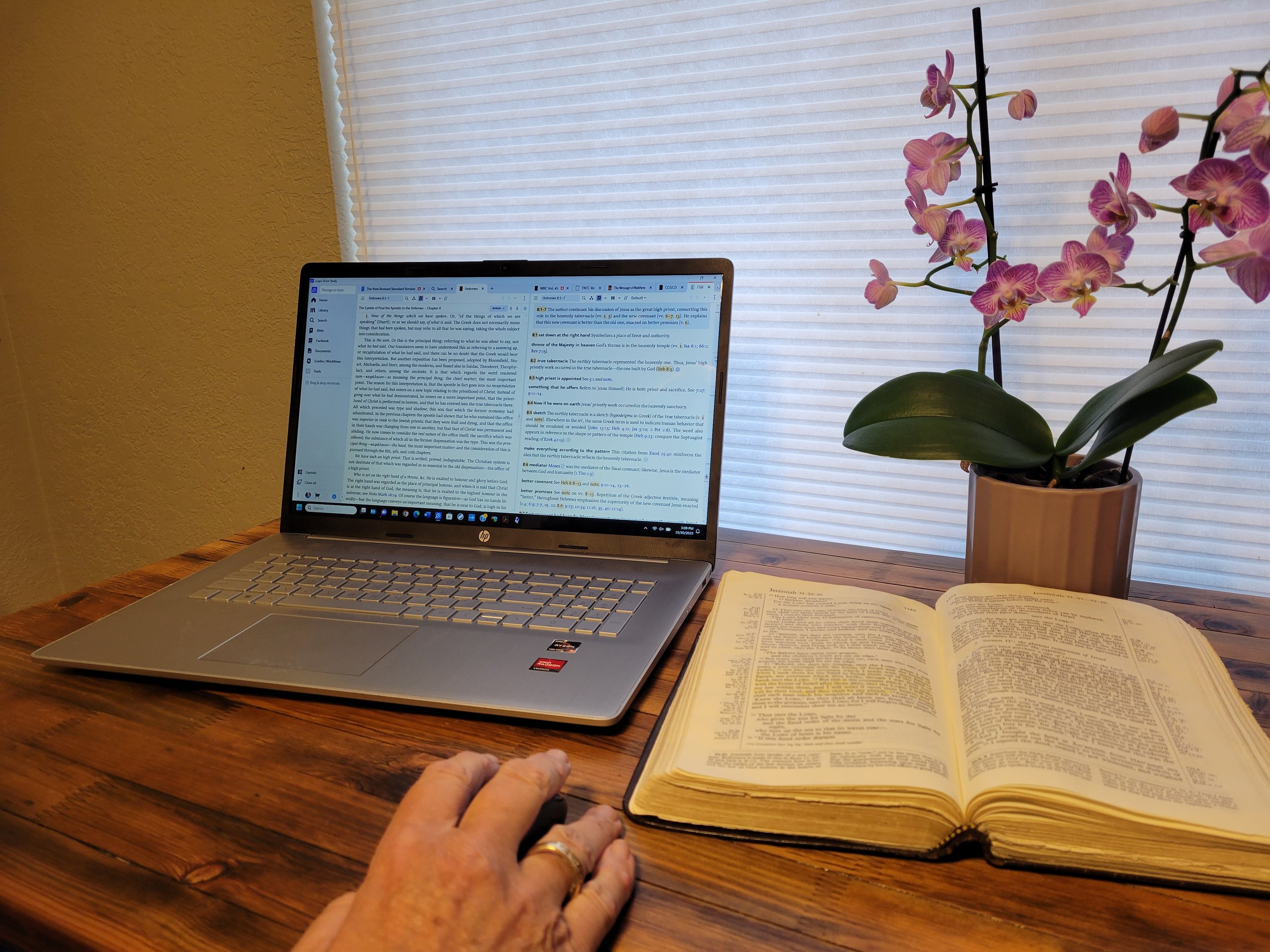The devastating fires that tragically destroyed thousands of homes and businesses, and most tragically, ended dozens of human lives in the Los Angeles area, raises many questions. Given the dire forecast, why was the city seemingly unprepared? What happened to the water resources? How might climate change have impacted these fires? Did policies and monetary priorities lessen the city and county’s ability to respond? These and other questions will certainly be sorted out in time.
Yet, some of the questions we raise are faith questions, and aren’t easily sorted out. Why, in God’s good world, do these tragic events happen? If God could stop these things, why doesn’t He? For too many, like Job’s “friends,” the answer is easy. God is punishing evil people (Job 15:34 for example). Of course, God does, at times in this life, punish sinners. But this overly simplistic answer is contradicted by both Job and, ultimately, God. Others sound like practical Deists, saying that once God put natural law in place, He just doesn’t get involved in the natural order. On the other hand, the Psalmist of Psalm 104 insists that God’s sovereignty covers all, including that “He makes winds his messengers, flames of fire his servants” (Psalm 104:4 NIV). “Why?” tends to be our dominant faith question when things like these fires happen, and in asking that question, we are likely never fully satisfied.
In turning to Jesus, we find that He often answers the questions we should be asking, rather than the ones we do ask. Luke 13:1-5 is an example.
Luke 13 Now there were some present at that time who told Jesus about the Galileans whose blood Pilate had mixed with their sacrifices. 2 Jesus answered, “Do you think that these Galileans were worse sinners than all the other Galileans because they suffered this way? 3 I tell you, no! But unless you repent, you too will all perish. 4 Or those eighteen who died when the tower in Siloam fell on them—do you think they were more guilty than all the others living in Jerusalem? 5 I tell you, no! But unless you repent, you too will all perish.” (NIV)
I suspect that those who reported Pilate’s atrocity, expected Jesus to condemn Pilate. Pilate was certainly worthy of condemnation, but instead, Jesus called on all to repent. Then, Jesus mentioned a fatal accident. Rather than condemning shoddy safety protocols or simply lamenting the misfortune, He again called on all to repent.
What He didn’t do, was to settle for blame as an answer. Again, Pilate was blame-worthy, and there may have been blame to go around for the falling of the tower of Siloam, but Jesus knew that blaming people neither changed the past, nor did it tell us what we should do. Accountability is necessary and must come for those who failed, but we must accept our own accountability, not just insist on it for others.
As Job found out, blaming God was not wise or helpful. Who are we to think that we should blame or even think we can understand such issues and God’s role in them.
We live in a world where terrible things happen! We may ask why, but Jesus suggests the question we need to ask regards how we should live. From our standpoint, life is utterly uncertain. Fires happen. The answer from Jesus is, “Repent.” This is good news from Jesus, who is, Himself, God’s Good News. Repentance is God’s gift, connected to forgiveness (Acts 5:31). We CAN change when God changes and forgives us.
When tragedy strikes, we should repent. We should show grace and compassion, as we repent. We should not be satisfied with blaming others, even if it makes us feel good. Rather, we should honestly reflect on our own lives, our attitudes, and our relationship with God and others, which will lead to repentance. This is how we can live in the world we do have, not pretending we live now in the world we wish we had. A new world will come, but in this world where fires burn, repent.
Tim Kelley

